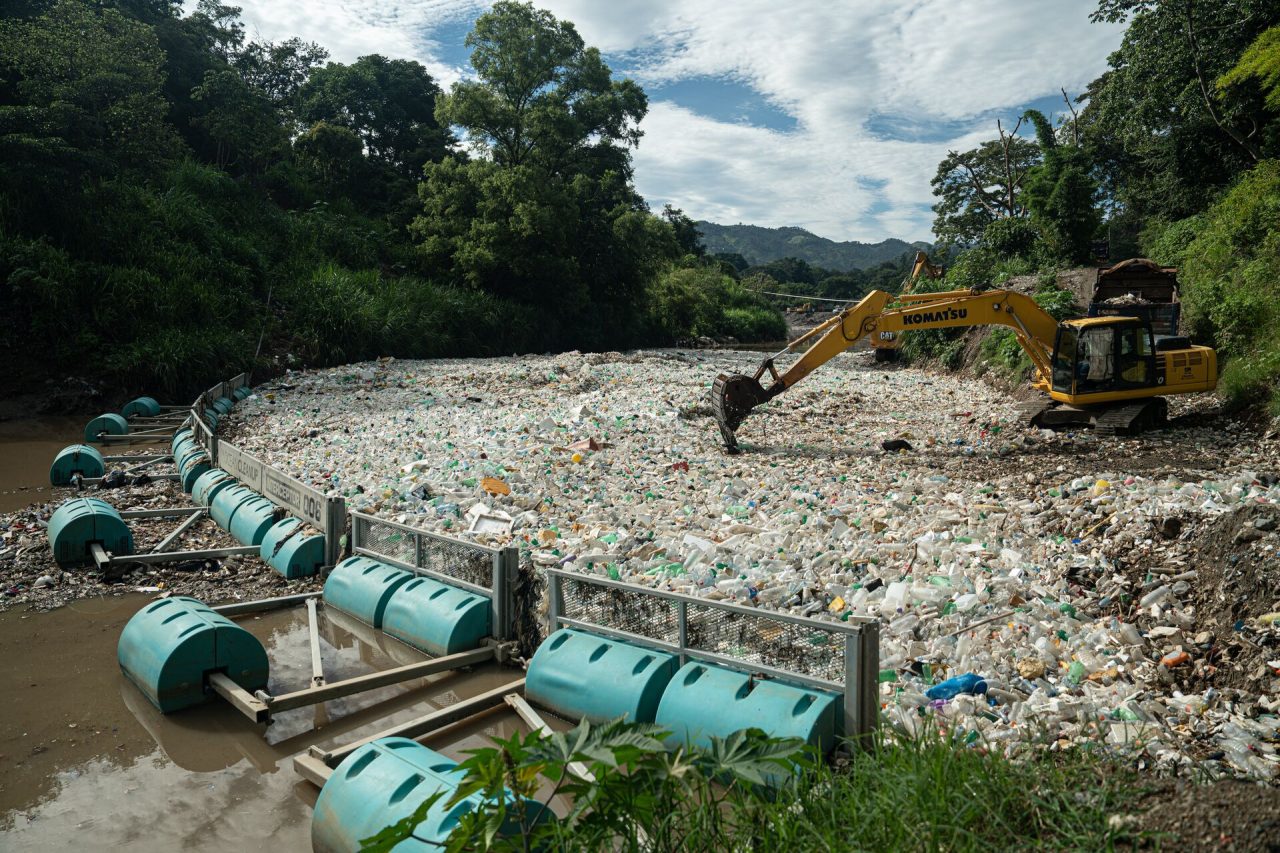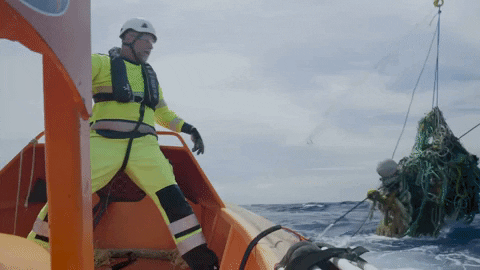Plastic pollution: A potential vector of both pathogens and probiotics for corals on the Mascarene Ridge, Indian Ocean
October 2025, article in a peer-reviewed journal
Deep Sea Research Part II: Topical Studies in Oceanography
Abstract
In marine environments, plastic debris serves as a vector for pathogenic bacteria that can negatively impact marine fauna, including corals. The Saya de Malha and Nazareth Banks, located in the Indian Ocean, harbor an extensive area of coral reefs that may be susceptible to diseases associated with plastic pollution. In this context, we aimed to determine whether plastic debris in this region can act as a vector for coral-associated pathogenic bacteria. During the “Indian Ocean mission 2022,” floating plastic debris (>500 μm) was collected from the Saya de Malha region using manta trawling. The collected debris were quantified, classified by type, size, and weighed. The associated microbiome, along with the viable bacterial communities attached to the plastic, were analyzed using 16S rDNA high-throughput sequencing and traditional molecular and microbiological techniques. A high concentration of plastic debris was recorded both on Saya de Malha and Nazareth Bank, with 105 items.km−2. The mean viable bacterial count was 15,519 ± 9340 CFU/g of plastic debris. Nine bacterial phyla were identified, with Firmicutes (58 % of the total) and Proteobacteria (42 %) being the dominant groups. The bacterial diversity on the plastic was measured at 0.92, including coral pathogens, such as Acinetobacter (27 %), Psychrobacter (2 %), and Pseudomonas (2 %). In addition, probiotic bacteria such as Exiguobacterium (58 %), Rheinheimera (1 %), and Idiomarina (1 %) were also detected. This preliminary study states the presence of both pathogenic and probiotic coral-associated fixed to plastic. Further research is needed to confirm their direct effect on coral reef disease. Nevertheless, these findings add to the growing evidence of the widespread presence of plastic debris floating in the region.

